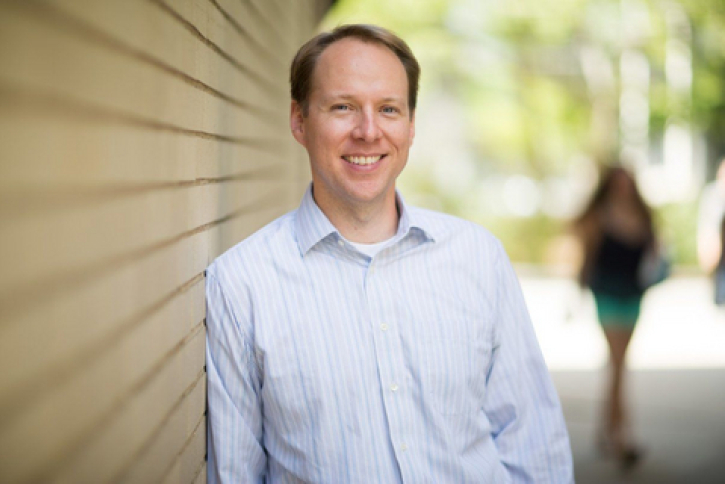
Benoit Forget.
For more than two decades, the MIT-France Program has been a model of MIT’s international engagement — connecting students, faculty, and research partners across the Atlantic to advance discovery and innovation.
Housed within the MIT Center for International Studies (CIS), MIT-France exemplifies a core CIS mission: to be a hub for global scholarship and exchange for the MIT community.
MIT-France is among the Center’s twenty country- and region-specic programs that aim to help advance the Institute’s global research efforts through interdisciplinary research and international collaboration.
The MIT Global Seed Funds (GSF) — a unique program at CIS that supports faculty-led research partnerships across the Institute and around the world — grew directly out of a novel MIT-France research collaboration decades ago.
The GSF program, established in 2008, has since awarded $30 million to more than 1,300 high-impact international research projects. Call for proposals are currently underway through December 16, 2025.
MISTI-France, the student-serving branch of MIT-France, is an example of the exponential growth of global education opportunities at MIT.
Today, MISTI (the MIT International Science and Technology Initiatives) spans more than 30 countries and empowers roughly a thousand of MIT students annually to engage in tailored international internships, teaching, learning, and research activities.
This year marks a new chapter for MIT-France with the appointment of Professor Benoit Forget, head of MIT’s Department of Nuclear Science and Engineering, as its new faculty director.
Forget brings experience in international collaboration and energy research to the role, along with a passion for expanding connections between MIT and France’s world-leading innovation ecosystem — from nuclear energy and aerospace to AI, materials science, and sustainability.
“We are thrilled to welcome Benoit Forget as the new MIT-France faculty director at CIS. His expertise will be essential to help deepen and foster new connections between the Institute and France within the energy sector along with other key research areas and industries,” said Myriam Zuber, the MIT-France program manager. Zuber will be working closely with Forget to continue and help expand the program’s activities.
CIS sat down with Professor Forget to discuss his vision for MIT-France and the value of international collaboration at MIT.
You recently joined CIS as the faculty director of the MIT-France Program. What attracted you to this opportunity?
As a nuclear engineer who speaks French, collaborating with colleagues, research centers, and universities in France has become an important part of my work. France offers a compelling example of a country that moved from fossil fuels to a low-carbon system anchored by nuclear power, and that history has fostered a rigorous scientific culture. It also boasts world-class educational institutions, incredible students, and a deeply connected network of experts in nuclear energy and the broader energy transition.
Joining the MIT-France Program at CIS is a natural way to deepen and broaden these ties and to engage more fully with the broader scientific community in France. In this role, I hope to strengthen existing collaborations while introducing French partners to colleagues across MIT, building new connections that increase the reach and impact of our shared work.
Tell us a bit about your research and how that might be implemented into the MIT-France program.
My research focuses on modeling and simulation of nuclear systems. My group develops novel models and algorithms that simulate particle transport and accounts for nuclear data uncertainties. These methods are then implemented in open-source tools with a particular focus on high-performance computing and modern computing architectures. The open-source nature of our work has facilitated many international collaborations.
What do you see as key areas of impact/opportunities through MIT-France?
A main focus of mine will be expanding collaborations between the French energy ecosystem and colleagues across MIT, working with the MIT-France program manager, Myriam Zuber, to create more student internships and research placements. I also look forward to exploring connections with the many other areas of strength that MIT and French research institutions share. This new role will help me deepen my understanding of the exciting work happening in France and at MIT.

